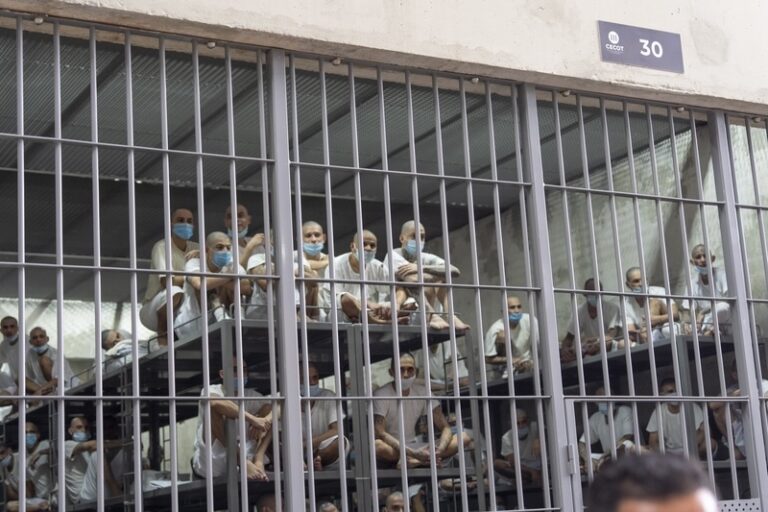Supreme Court Upholds Trump Administration’s Deportation Authority for Venezuelans
Photo by Alex Brandon-Pool/Getty Images
Background on Deportations
In a significant 5-4 ruling, the U.S. Supreme Court has granted temporary authority to the Trump administration to continue deploying the Alien Enemies Act of 1798 for the rapid deportation of Venezuelan individuals suspected of affiliation with the Tren de Aragua gang. However, the court stipulated that these individuals must be granted “reasonable notice” to challenge their deportation prior to removal from the United States.
This ruling allows the deportation of Venezuelan nationals aged 14 and older, a decision that reflects the administration’s aggressive stance against gang violence.
Legal Implications and Court Proceedings
The Supreme Court’s decision noted that challenges against deportation should be filed in Texas, where the initial class action suit arose, rather than in the District of Columbia as previously argued by the plaintiffs. This ruling emphasizes the necessity for detained individuals to have the ability to contest their deportations in a timely manner.
Justice Sonia Sotomayor, along with Justices Elena Kagan and Ketanji Brown Jackson, dissented, expressing concerns regarding the potential harm to individual detainees facing removal. Sotomayor criticized the majority for neglecting the severe repercussions of deportation to El Salvador, where over 238 individuals are currently imprisoned under dire conditions at the Terrorist Confinement Center (CEcot).
“It does so without mention of the grave harm Plaintiffs will face if they are erroneously removed to El Salvador,” Sotomayor noted in her dissent.
Next Steps in the Legal Battle
A hearing addressing a preliminary injunction against the Trump administration’s use of the Alien Enemies Act is scheduled for Tuesday in front of U.S. District Court Judge James E. Boasberg. This comes after the ACLU raised concerns about the wrongful deportation of many individuals mistakenly identified as gang members based solely on tattoos.
The broader implications of the Supreme Court’s decision for immigration policy and individual rights remain ripe for debate as this case unfolds.
Recent Related Judicial Actions
On the same day, Chief Justice John Roberts announced a temporary hold on a lower court’s requirement for the Trump administration to reinstate a Maryland man who was mistakenly deported to El Salvador. This highlights the ongoing challenges faced by the administration in navigating the complexities of immigration law and judicial oversight.


